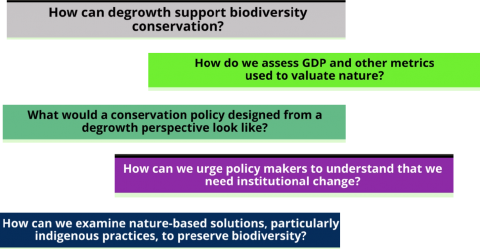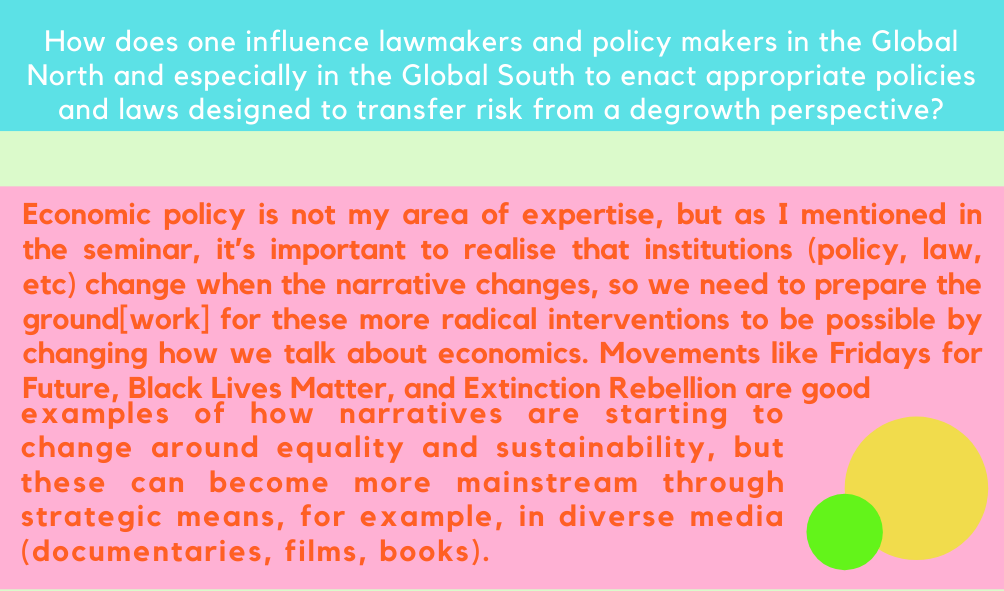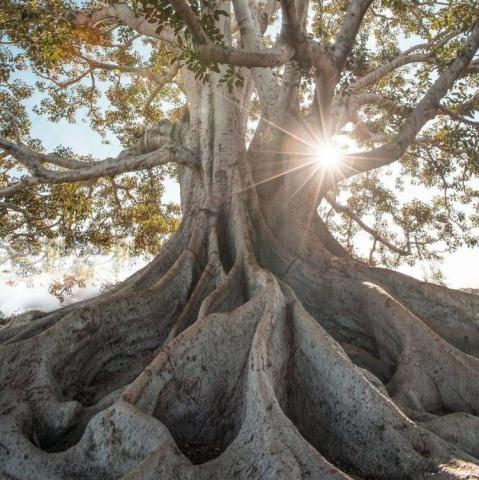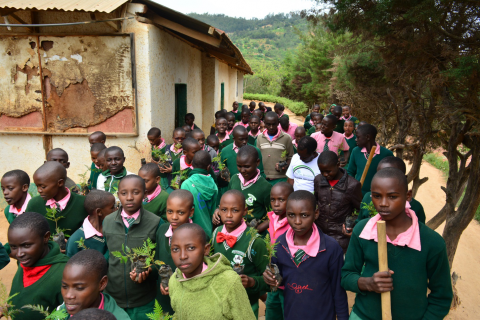Reframing Relationships Between Humans and the Earth: The "Anthropocene", a New Ideology to Sustain the Status Quo
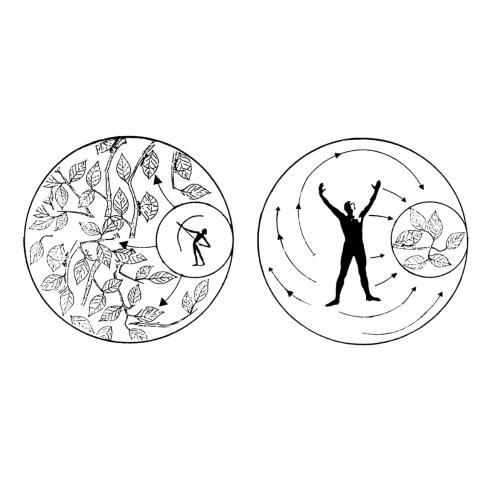
Environmentalists associate the political and economic status quo with desertification, pollution, deforestation, loss of biodiversity, global warming, uncontrolled waste and many other consequences related to governance and general well-fare, that affect the majority of destitute people that lack educational, social and economic means to protect themselves.

